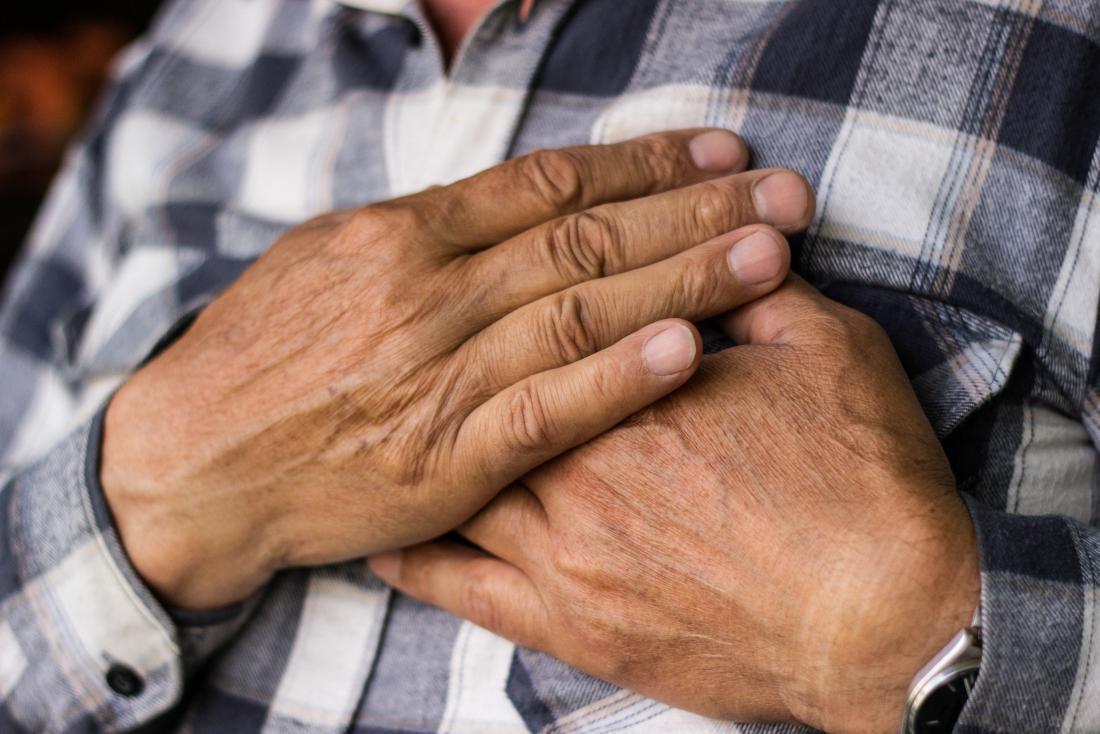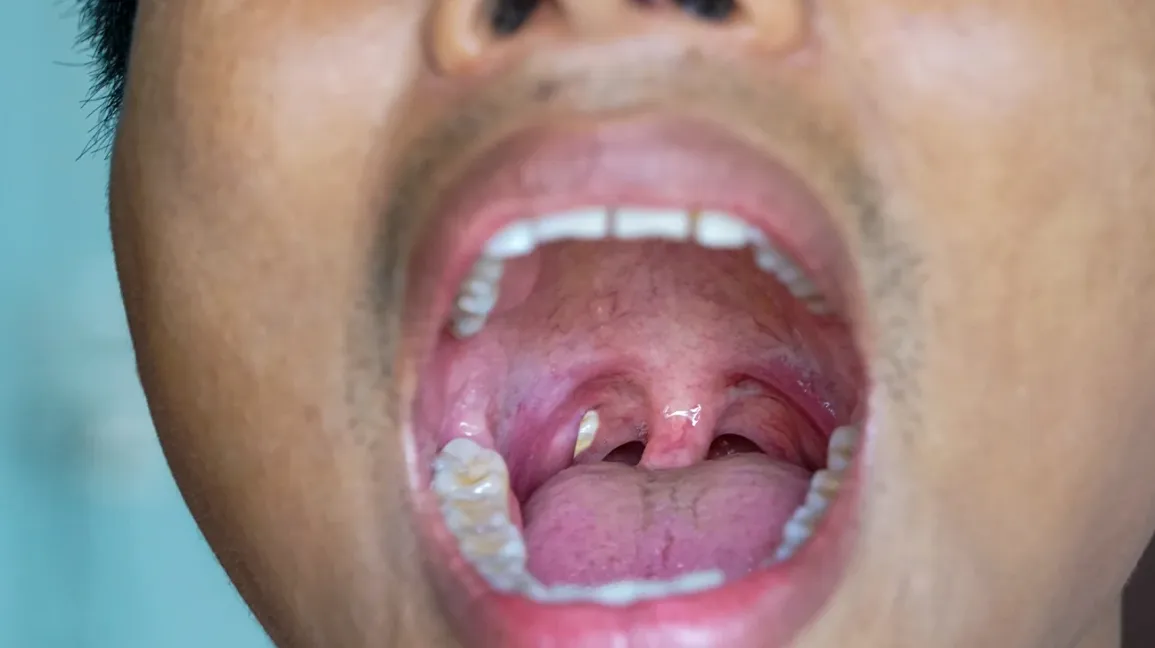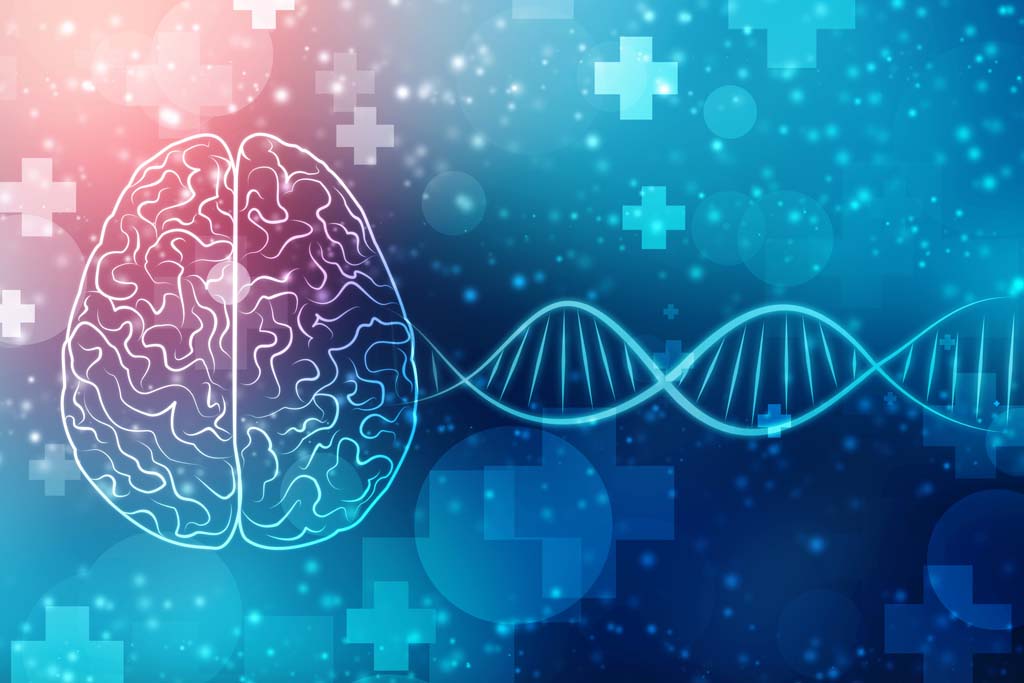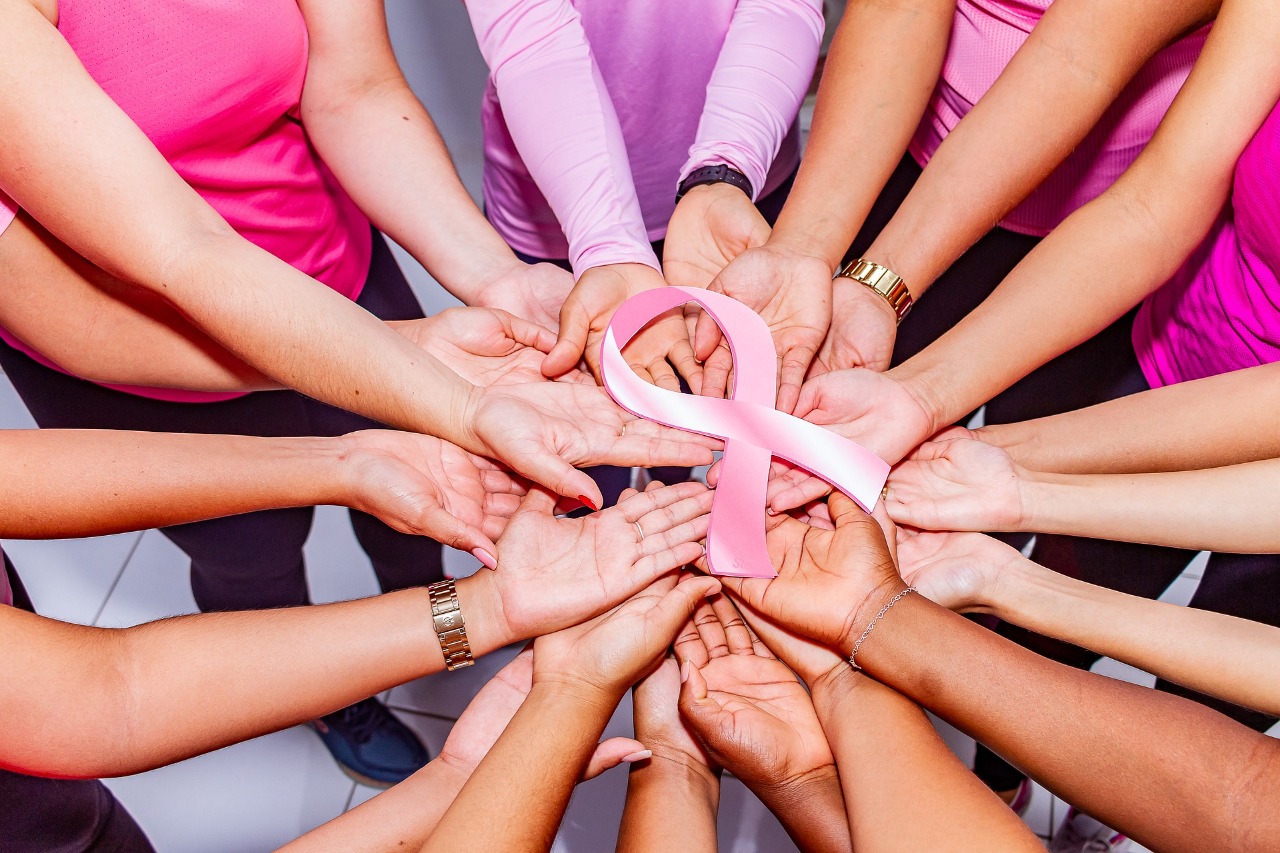The excessive consumption of alcohol is concerned with alcoholic beverages to the extent that this behavior interferes with personal, family, social or professional life of an individual. From the medical point of view, alcoholism is a chronic disease, which can result in psychological and physiological conditions and, ultimately death.
In addition to the importance of environmental factors, there is evidence that indicates the existence of genetic factors that increase the risk of triggering the disease. According to statistics made by the Americans, it affects 14% of its population suffers from this disease.

The physical effects caused by alcohol are:
- Reduction of reflexes;
- Long-term use raises the risk of diseases such as cancer in the oral cavity, esophagus, pharynx, liver and gallbladder;
- It can cause hepatitis, cirrhosis, gastritis and ulcer;
- When used in large quantities it can cause irreversible brain damage;
- It can lead to malnutrition;
- It can cause heart and blood pressure problems;
- During pregnancy, it causes poor fetal formation.
The psychological and behavioral feats caused by alcohol are:
- Loss of inhibition;
- Mood swings, which can lead to violent behavior, depression and even suicide;
- Memory loss;
- Problems in the alcoholic’s family life;
- Fall in professional performance.
 Tolerance and dependence on alcohol are two different processes, but they go together. Alcohol tolerance is the need for higher doses to maintain the effect of intoxication obtained in the first doses. Dependence is when an individual no longer has the strength to interrupt or reduce alcohol consumption. Not necessarily a person who develops alcohol tolerance will become dependent. However, as the individual develops alcohol tolerance, it is closer to develop addiction.
Tolerance and dependence on alcohol are two different processes, but they go together. Alcohol tolerance is the need for higher doses to maintain the effect of intoxication obtained in the first doses. Dependence is when an individual no longer has the strength to interrupt or reduce alcohol consumption. Not necessarily a person who develops alcohol tolerance will become dependent. However, as the individual develops alcohol tolerance, it is closer to develop addiction.
The treatments for alcoholism are very varied, an example for this type of treatment is Hangover P?t?h followed by a set of supportive therapy, care in self-help groups.

Neil is a health blog author and editor for a variety of publications. He has written on a wide range of topics, from fitness to nutrition to mental health. He loves working with people who are passionate about improving their lives through bettering their bodies and minds by eating right and staying active as well as those who want to improve their mental health by living life authentically without feeling ashamed or embarrassed about what they’ve been through.











